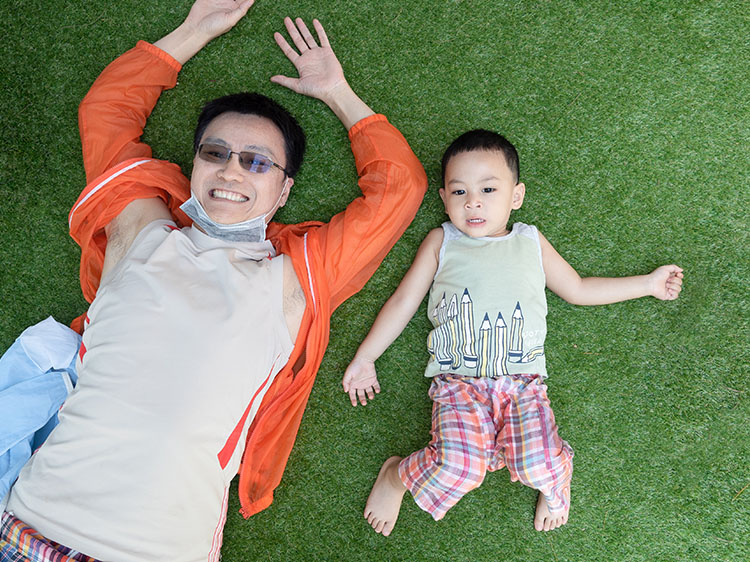Imagine a world where everyone can enjoy outdoor spaces without any barriers. For people with disabilities, accessibility is a crucial factor that determines their ability to engage with the environment.
Fortunately, advancements in technology have led to innovative solutions, and one such solution is artificial turf in Bend, Oregon. In this article, we explore how artificial grass can enhance accessibility and create inclusive outdoor spaces for people with disabilities.
1. A Smooth Surface for Easy Navigation
Traditional grass can pose challenges for individuals with mobility devices or those who use wheelchairs. Uneven terrain, mud, or long grass can make it difficult to navigate.
Artificial grass provides a smooth and even surface, allowing people with disabilities to move around more freely and independently. Its consistent texture eliminates tripping hazards and ensures a safe and hassle-free experience.
2. Increased Mobility for Wheelchair Users
Wheelchair users often struggle with outdoor environments that have natural grass. The wheels can sink into the ground, making it arduous to maneuver.
Synthetic grass installation in Bend eliminates this issue by providing a stable surface that supports easy movement. With its firm base, wheelchair users can enjoy a greater degree of mobility and participate in various outdoor activities comfortably.
3. Enhanced Safety and Comfort
Outdoor spaces should be safe and comfortable for everyone, including individuals with disabilities.
Artificial turf in Bend, Oregon offers superior cushioning and shock absorption, reducing the risk of injuries caused by falls. Its soft and smooth texture provides a pleasant sensation underfoot, making it an ideal surface for individuals with sensory sensitivities or conditions like arthritis.
4. Accessible Playgrounds and Recreational Areas
Playgrounds and recreational areas are essential for social interaction and physical exercise. However, natural grass can be a barrier for people with disabilities, limiting their ability to participate fully.
Artificial grass can transform these spaces into accessible environments, ensuring that everyone can enjoy the benefits of outdoor play and recreation. It provides a level surface for mobility devices, allowing children and adults with disabilities to actively engage in activities.
5. Easy Maintenance and Durability
Artificial grass not only enhances accessibility but also offers practical advantages for outdoor spaces. Unlike natural grass, it requires minimal maintenance, eliminating the need for mowing, watering, and fertilizing.
This low-maintenance solution saves time, effort, and resources. Additionally, artificial grass is highly durable and resistant to wear and tear, ensuring long-lasting accessibility for people with disabilities.
In conclusion, incorporating artificial grass in Bend, Oregon enhances accessibility and creates inclusive outdoor environments for people with disabilities.
Its smooth surface, increased mobility for wheelchair users, enhanced safety, and easy maintenance make it an ideal solution. Let’s embrace this innovative technology to ensure everyone can enjoy outdoor spaces without barriers.
